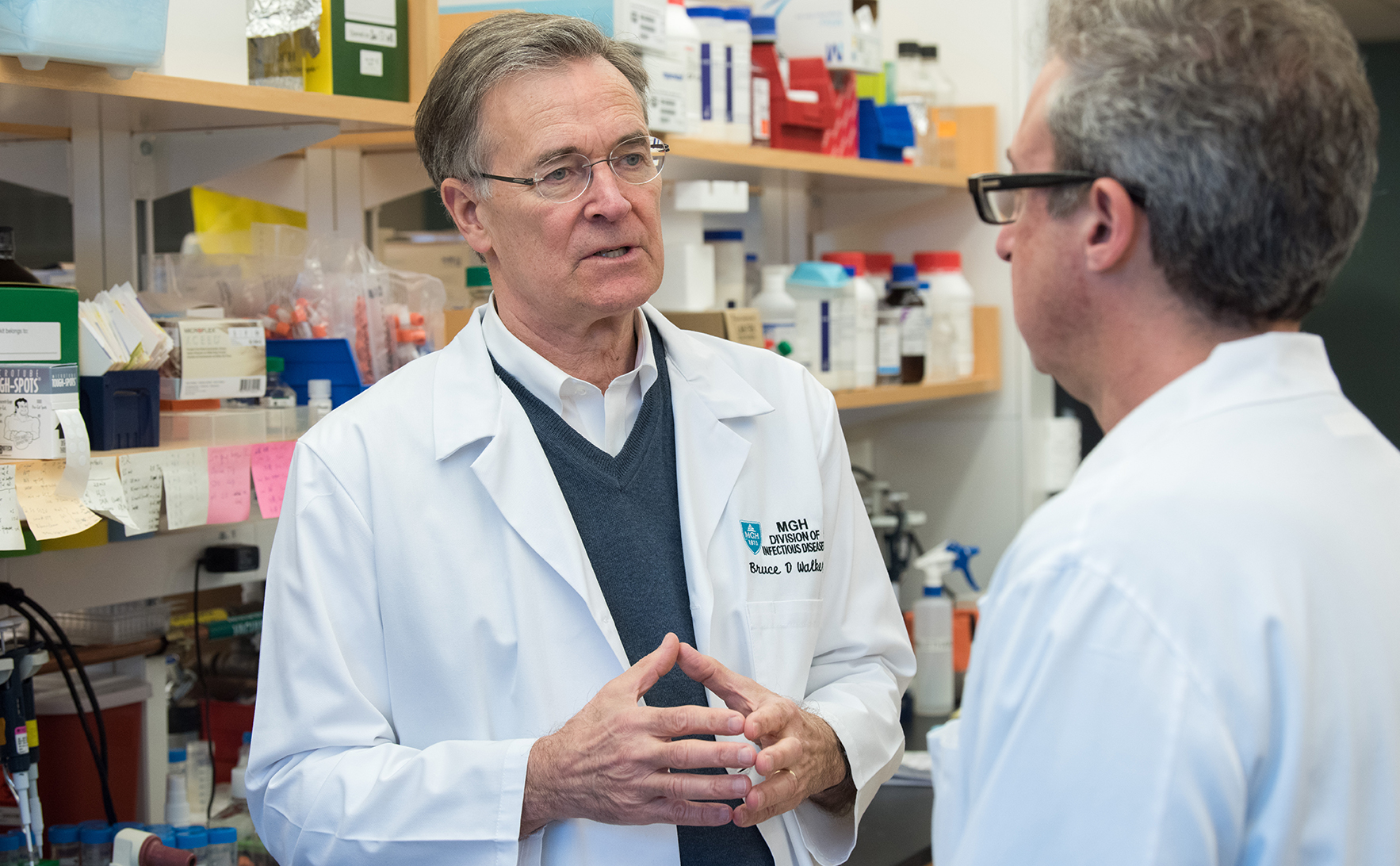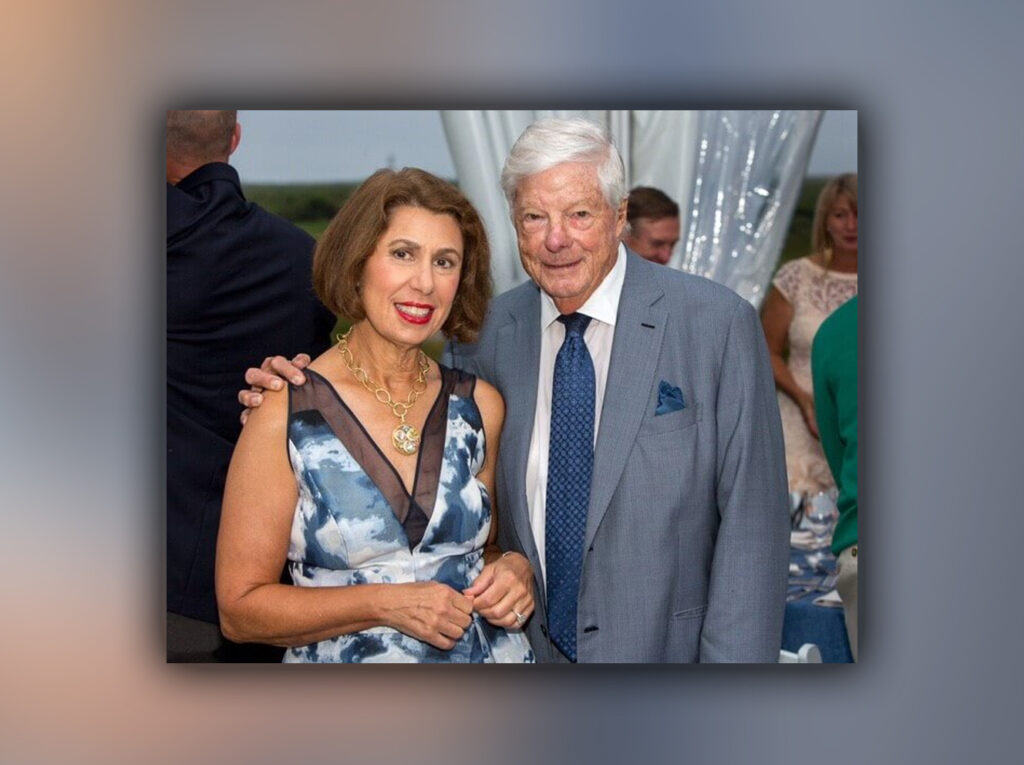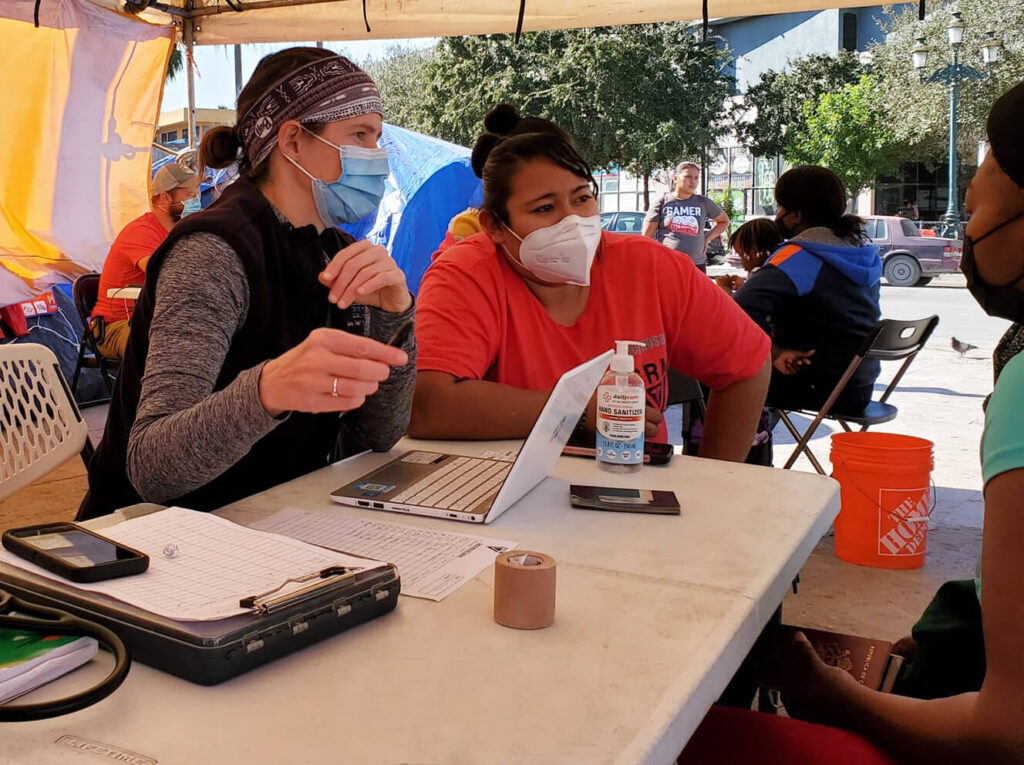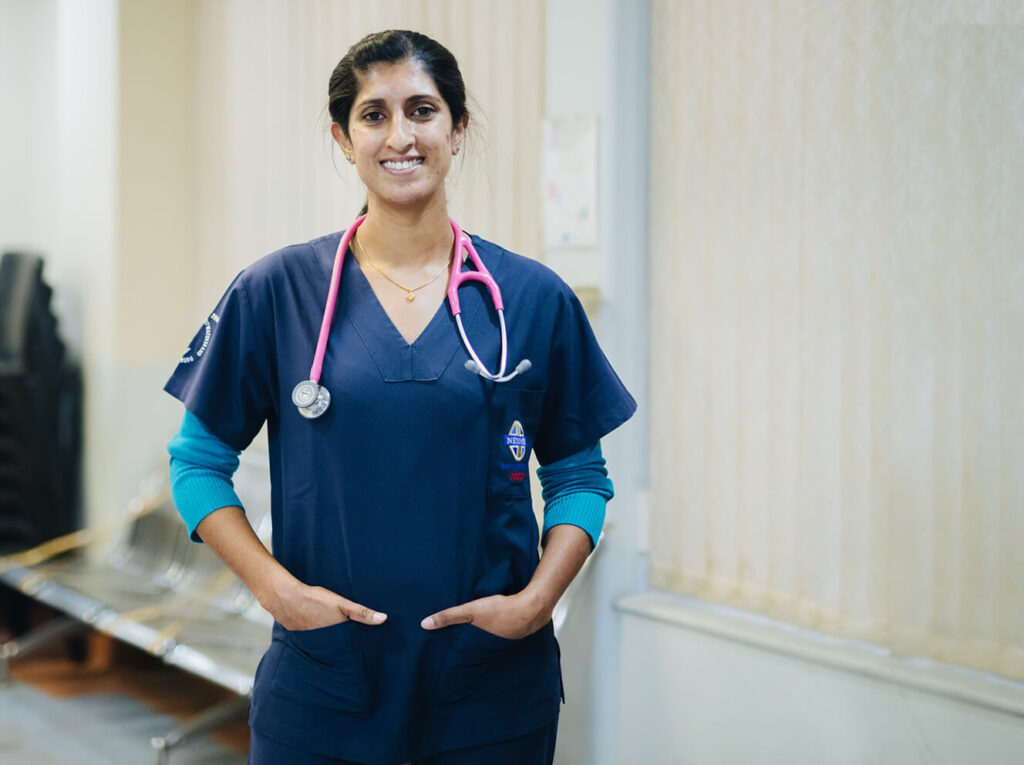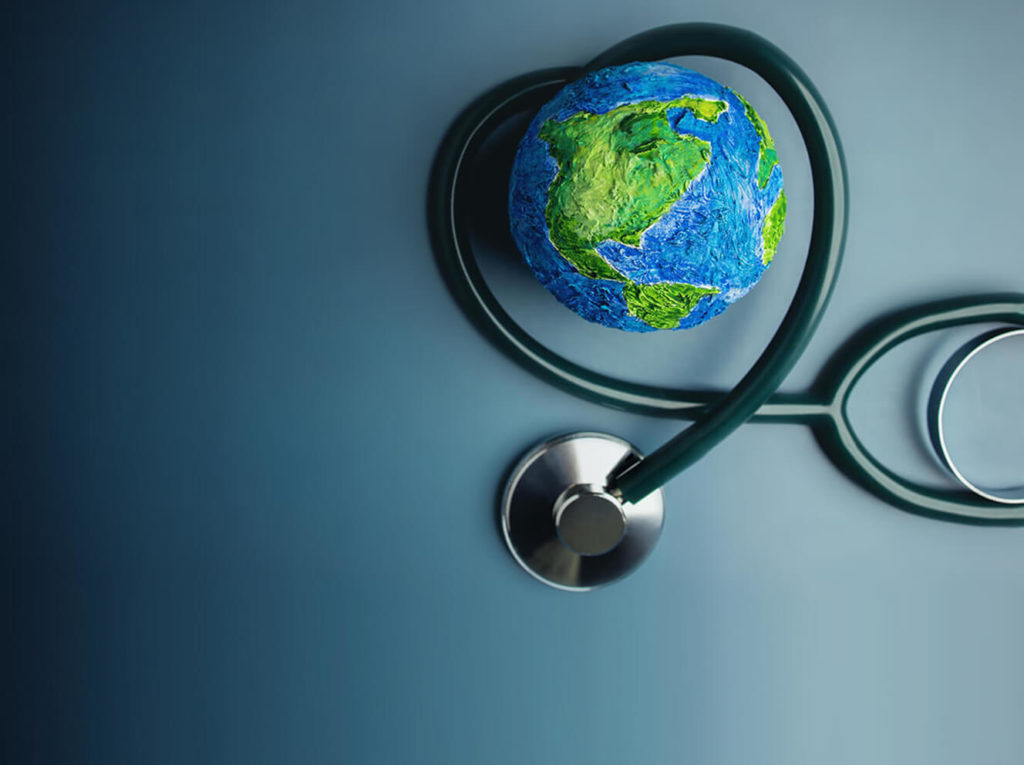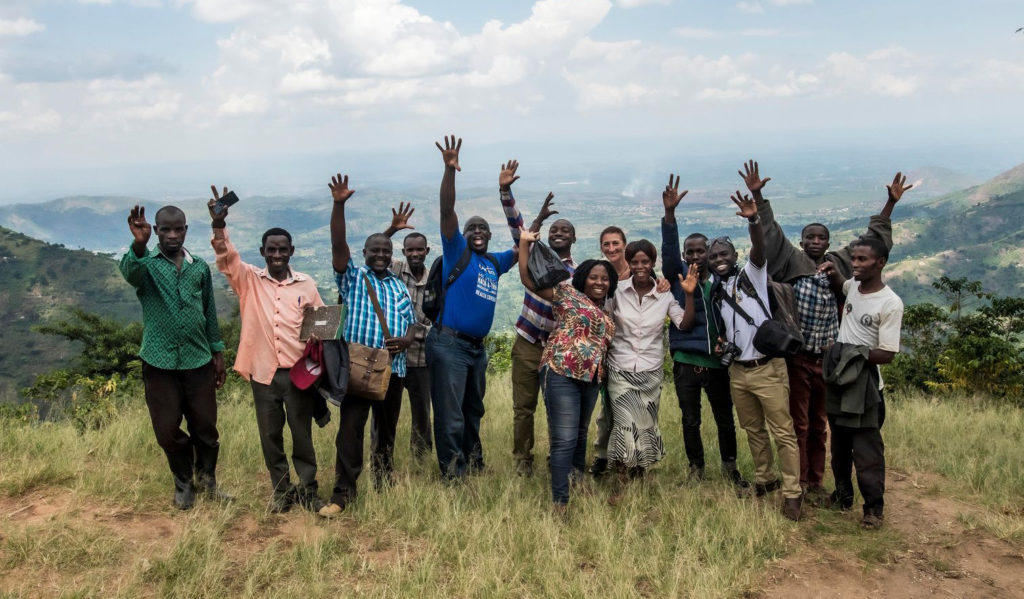An unprecedented collaboration of top biomedical minds in the Boston area and China, co-led by the Ragon Institute of MGH, MIT and Harvard, is rapidly uncovering the biological secrets of the new coronavirus.

More than 150 leading scientists from preeminent research laboratories are participating in the new Massachusetts Consortium on Pathogen Readiness (MassCPR) to harness the immune system against COVID-19 and develop new tests, treatments and vaccines. The collaboration includes scientists from Boston area hospitals and universities; state government; and Tsinghua University and the Guangzhou Institute for Respiratory Health in China.
“I have never been in a situation of greater collaboration and it has been really just exhilarating,” says Bruce Walker, MD, founding director of the Ragon Institute and a pioneering virus researcher based at Massachusetts General Hospital. Dr. Walker co-leads the MassCPR with Arlene Sharpe, MD, PhD, co-chair of Evergrande Center for Immunologic Diseases. Philanthropists Lisa and Mark Schwartz and the China Evergrande Group provided funding to support this fast and flexible coalition of scientists.
Full Steam Ahead
The MassCPR was launched in March at a history-making workshop on the new coronavirus. To understand the virus, the team of scientists and government officials established working groups on testing, vaccines, treatment, population trends and clinical management.
By April, researchers in the consortium were already sharing new insight into how the body builds antibodies to fight the virus, and how to track and contain global transmission. Even now, this extraordinary group is pressing forward, unearthing crucial information about the biology of the virus to help control it and future viruses.
Testing Opens a Way Forward

Galit Alter, PhD, a Mass General immunologist and group leader at the Ragon Institute, is laser-focused on understanding the antibody response to the virus, paving the way for accurate testing and an effective vaccine.
Antibodies produced by the immune system in response to the virus remain in the body to fight off the virus the next time it appears. Consortium scientists have already discovered the sequence and power of different antibodies responding to the virus — critical information for developing effective tests, vaccines and treatments.
“We want to make sure we can absolutely discriminate between positive and negative and to scale up to thousands of tests,” says Dr. Alter, a two-time recipient of the prestigious MGH Research Scholar Award who is working with biotech companies to rapidly scale up production of tests. Her research developing accurate antibody testing could help people know when they can safely return to work, she says, and inform worldwide efforts to track the virus.
Common Cold Informs Vaccine Development
An effort led by Dan Barouch, MD, PhD, at the Ragon Institute will have a vaccine in clinical trials in humans in the fall. His team developed a vaccine using a platform originally designed to produce vaccines for HIV and Zika. This time, Dr. Barouch and colleagues are using the platform with a genetically engineered version of a virus that causes the common cold to target the new coronavirus.
“This unprecedented gathering of the talent in this research ecosystem of Boston is truly spectacular.”
Lisa and Mark Schwartz supported the development of the vaccine platform and are funding MassCPR. “We want to leverage this entire greater Boston ecosystem of great universities, great medical schools, great labs and great biotech,” says Mr. Schwartz, who is pleased to help bring these groups together to generate solutions to the pandemic.
Going forward, the consortium’s working groups will report regularly on their rapidly moving research. Dr. Walker believes the consortium has the ability to make a difference in the current pandemic and improve our ability to respond to future viral outbreaks. “This unprecedented gathering of the talent in this research ecosystem of Boston,” he says, “is truly spectacular.”
To learn more about how you can support Mass General’s response to the COVID-19 pandemic, click here.
